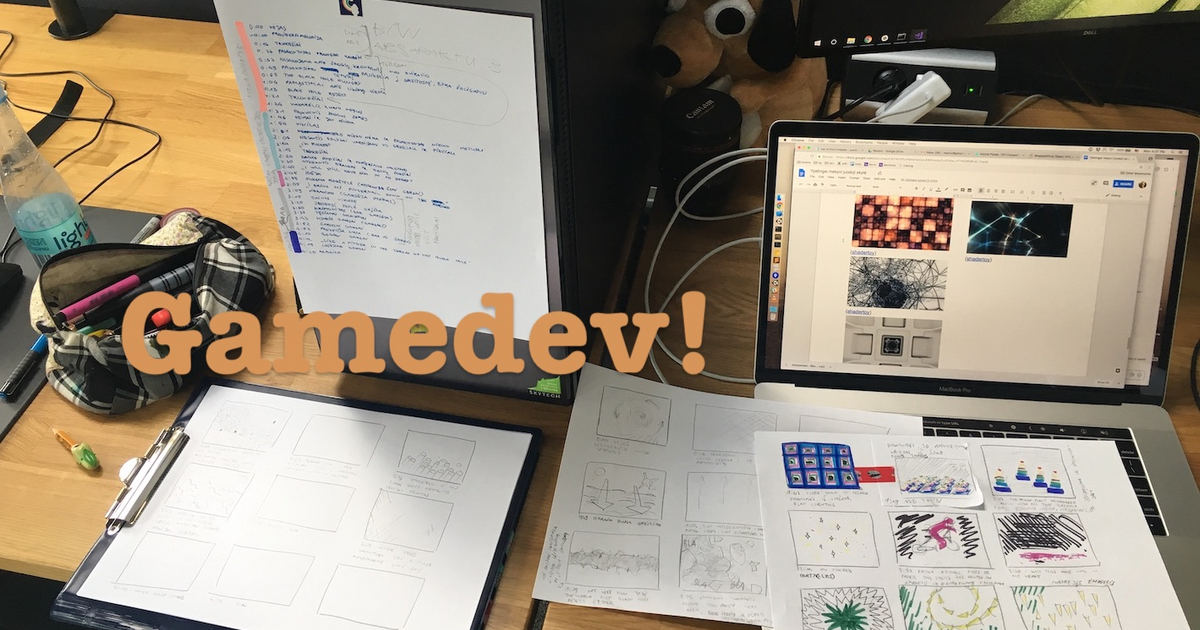not available on vinyl
Recent searches
Search options
#copy
#copy : an individual book, or a single set of books containing the works of an author
- French: copie
- German: Kopie
- Italian: copia
- Portuguese: copia
- Spanish: copia
------------
Thank you so much for being a member of our community!
Another tune stolen by… who else, but Bollywood! Here:
Original (1980): https://www.youtube.com/watch?v=hQLGCX8D-1Y
Copy (1985): https://youtu.be/m_fswTBgcX8?t=41 / https://youtu.be/m_fswTBgcX8?t=92 / https://youtu.be/m_fswTBgcX8?t=194 etc.
The “composer” of this Bollywood song is a repeat offender! See https://mastodon.social/@Copiers/112388722040689206 (+ many, many others!
)
#Design #Cheatsheets
“Can you simplify this?” · Ways to streamline too much information https://ilo.im/162vac
______
#Simplification #Information #Copy #Form #Content #ProductDesign #UxDesign #UiDesign #VisualDesign #WebDesign
#Design #Guidelines
The 3 boring secrets of great UX copy · Great UX copy feels effortless to read https://ilo.im/162tue
_____
#Business #Conversion #CTA #Writing #Copy #Content #ProductDesign #UxDesign #UiDesign #WebDesign
Voyage wine shop to replace former juice bar in Orlando’s Thornton Park https://www.diningandcooking.com/1962229/voyage-wine-shop-to-replace-former-juice-bar-in-orlandos-thornton-park/ #alcohol #Alcoholic #background #bar #beverage #booze #Cabernet #closeup #copy #delicious #Expensive #flavor #fresh #glass #harvest #Merlot #natural #nutrition #object #Sauvignon #space #sweet #tasty #tavern #view #viticulture #Wine #Wooden
Wenn die dann auch die #Medien demnächst unter #Kontrolle von Trmp/Murks sind, ist es dort endgültig #Schluß mit #Demokratie.
Und als nächstes ist Europa dran.
#Copy #Check #Cleanyourdm
(Source: Rijksmuseum)
This statue is a copy of a marble sculpture from 1828, which was made for the Duke of Devonshire.
The original is located at Chatsworth House in England, while the plaster model is preserved in Brussels. In 1900, this model was used to cast the bronze version for “Rijksmuseum”.
#amsterdam #discuswerper #discusthrower #sculpture #museum #athlete #bronze #art #matthieukessels #copy #artiseverywhere #statue
After rereading my post I can answer my own question;
You don't know how to convert Amazon Kindle format to eBook and you probably don't even know how to get a copy of a kindle file downloaded to a regular computer or Android, stripped of its DRM
And then I found this article
@altbot
https://www.theverge.com/news/612898/amazon-removing-kindle-book-download-transfer-usb
@rl_dane I am thanking you for pointing me to the books of that writer who gave them away for a short period at Amazon
A question I have now before doing any research; is there a command available where I can just copy my books that are within my Kindle library, convert them to the standard ebook format so that they can have them forever, because now I don't have a copy of the books Amazon has them
Hip hopper "Tyga the Cheata" is out with something new he stole.
AMIGA G-COPY FOR PC
Update: 29.11.2024 https://escomputing.de/escomputing/gcopy.html
Ein drei Jahre altes Basis-Dockerfile, mit dem ich mit Multi-Stage-Builds rumgeeimert habe.
Das Build-Image baut eine Compile-Umgebung auf, und baut dann aus der requirements-frozen.txt die notwendigen Wheels.
Die werden dann ins Deploy-Image rüber getragen. Dort wird dann auch der Code importiert (der hier nicht groß ist – es ist kaum mehr als ein hello_world.py).
Ich habe eine requirements.txt, die die Dependencies importiert und die so das Venv baut.
Dann mache ich ein
(venv) $ pip freeze -r requirements.txt > requirements-frozen.txt
(venv) $
Dies zeichnet nicht nur die bewußt importierten Dependencies auf, sondern auch deren Dependencies, mit fixierten Versionen.
Indem ich das Image mit der requirements-frozen.txt bauen (die mit eingecheckt wird), habe ich im Image dieselben Versionen wie beim Testen.
(base) kk:~ kris$ cd PycharmProjects/dockertest/
(base) kk:dockertest kris$ cat Dockerfile
FROM python:3.10-slim as builder
LABEL maintainer="isotopp" \
description="A test image"
WORKDIR /app
ENV PYTHONDONTWRITEBYTECODE 1
ENV PYTHONUNBUFFERED 1
RUN apt-get update && \
apt-get install -y --no-install-recommends gcc git build-essential
COPY requirements-frozen.txt /tmp/requirements.txt
RUN cd /tmp && pip wheel --no-cache-dir --no-deps --wheel-dir=/tmp/wheels -r requirements.txt
# -----
FROM python:3.10-slim
WORKDIR /app
#COPY --from=builder /tmp/wheels /wheels
#RUN pip install --no-cache /wheels/*
COPY . /app
CMD [ "python3", "-u", "main.py" ]
In earlier days I was using #unison to two-way (mostly manually) sync a directory between hosts. But this is becoming a huge problem, as unison requires the very same version on both sides, and my systems are quite different these days.
What other Linux tools out there can do a reliable two-way sync of a directory?
Edit: use case is manually sync work between multiple devices, not online all the time.
“When there was only analog #tape, making a physical copy of your tapes was the #backup (aka “safety copy”). One problem is that this is not actually an exact #copy. The backup goes through multiple stages of analog circuitry and cabling, and it ends up residing on a totally different magnetic tape – all factors guaranteeing that it won’t be exactly the same as the original.
Due to tape deck discrepancies or incorrect settings, the copy could even sound different than the original. It also took the industry many years to realize that #analog tapes (primary or backup) might not last forever, and, due to poor storage and sticky-shed syndrome, many old tapes have been pulled out of storage only to have them disintegrate and self-destruct!”
“Are You Backing Up?” — #MikeKosacek / #TapeOp / #music / #recording <https://tapeop.com/interviews/161/are-you-backing/>

